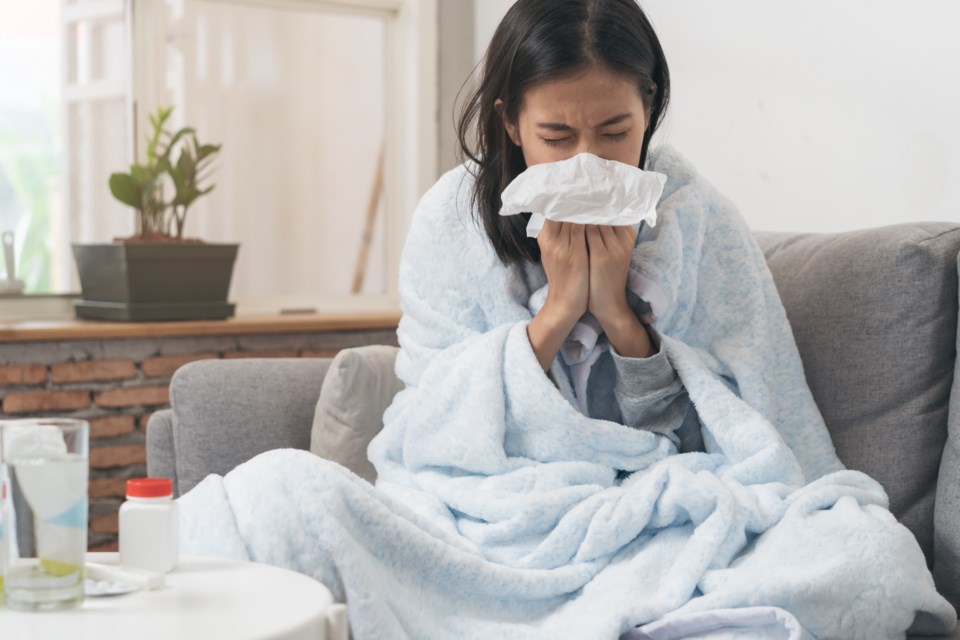It’s not too late to get your flu shot, Prince George!
Influenza and other virus are circulating throughout the province as flu season is well underway. Northern Health says data from health care visits and lab confirmation show influenza activity is also on the rise in Northern B.C.
“We know that viruses spread more easily during peak season for these illnesses, and that some people such as seniors and people of any age with underlying medical conditions are at higher risk for complications,” said medical health officer Dr. Rakel Kling in a press release.
“It’s not too late for people to get the flu shot, which this year has been shown to be a good match with the strains of the virus circulation.”
Northern Health says ongoing prevention is the best way to reduce the risk or avoid getting the flu.
Here’s the best way to prevent getting the flu this winter, according to the health authority.
- Get the flu shot - Protective effects from the flu shot occur approximately two weeks after receiving it. The B.C. Centre for Disease Control has noted the main kind of flu found this year is included in this year’s vaccine, meaning people will be better protected if they are vaccinated. Flu shots are available from local health units, many pharmacies, or through your primary care provider; check Immunize B.C.’s website for details.
- Stay home if you’re sick – You don’t want to spread the flu to your classmates, colleagues, or friends. Make sure to rest and get better before returning to work or school.
- Practicing frequent and proper hand hygiene – Use alcohol based hand sanitizer regularly and make sure to wash your hands appropriately (wet your hands, scrub with soap for 20 seconds, rinse off your hands, dry your hands thoroughly, and use the paper towel to open and close the door).
- Observing coughing and sneezing etiquette – Cough or sneeze into your shoulder, not onto your hand or in the air. Make sure to wash your hands after. And if you do get sick...
- Get plenty of rest and fluids if you’re sick with influenza-like illness. Most people will recover on their own at home. Seek medical care if there is trouble breathing, pain in the chest or a high fever that does not get better after three to four days.
People at high risk of complications who experience influenza-like illness should seek medical care without delay. Their doctor may want to prescribe a drug that must be given early to be effective
Influenza symptoms can include fever, headache, muscle pain, runny nose, sore throat, extreme tiredness, and cough. If you have questions about your illness, please contact your family physician, call HealthLink BC at 8-1-1, or visit healthlinkbc.ca.



